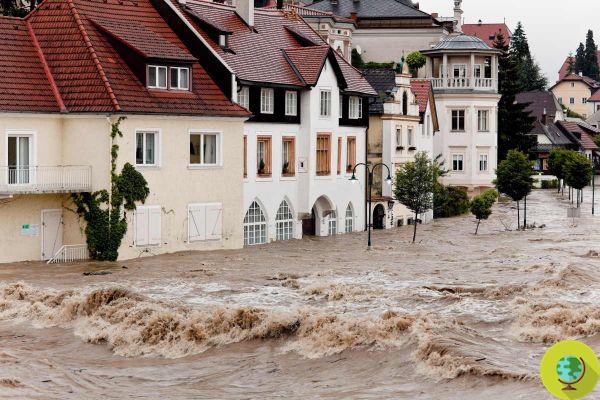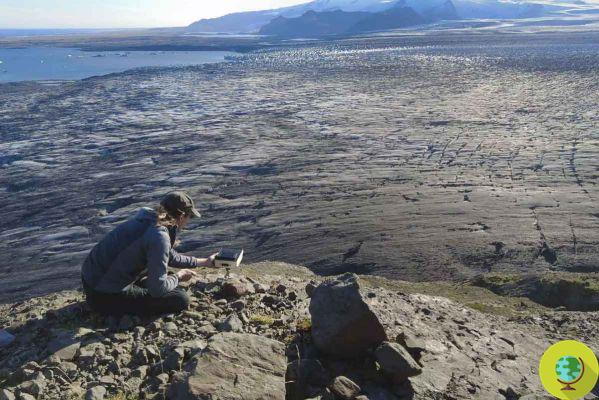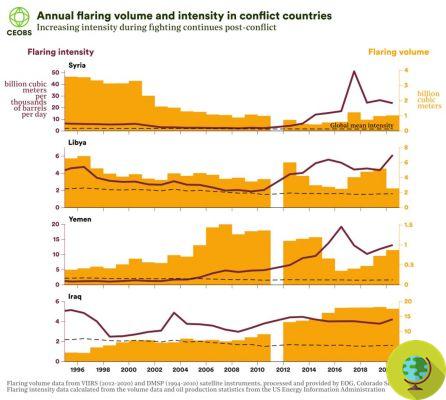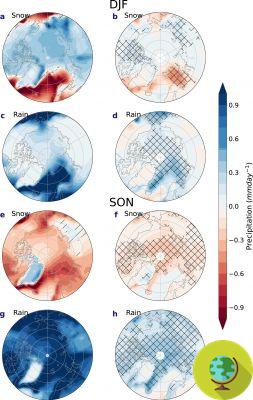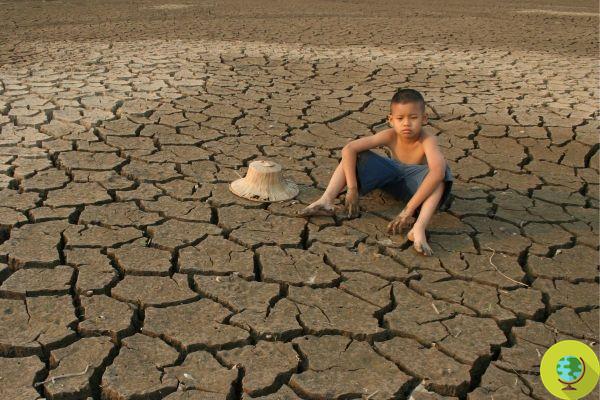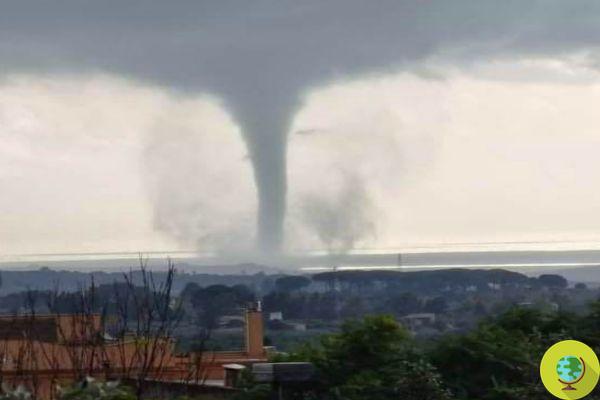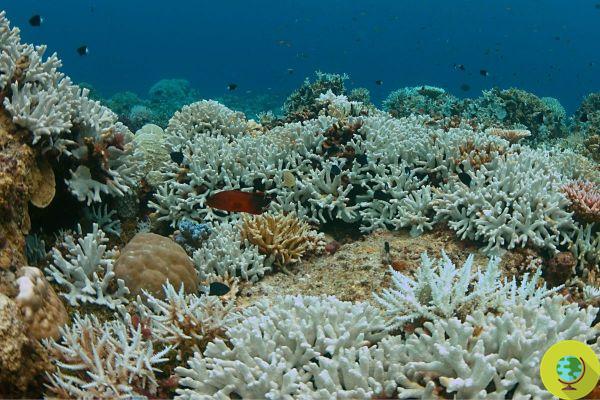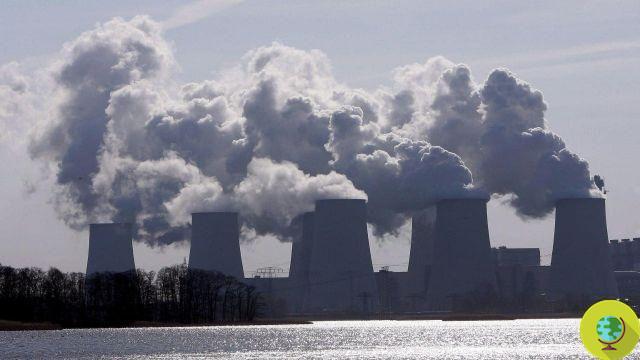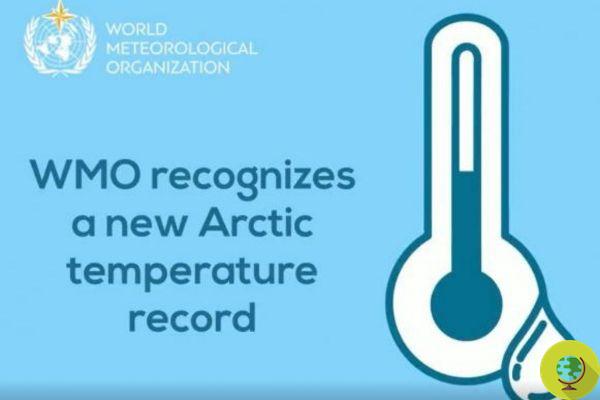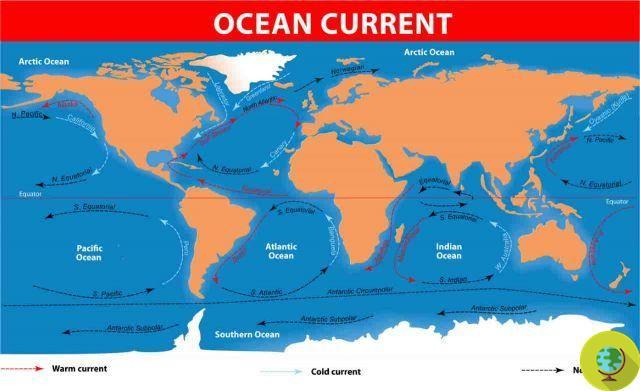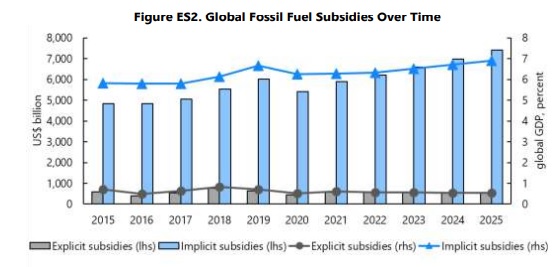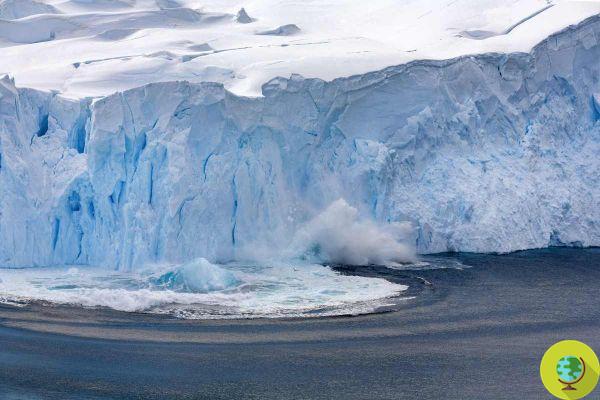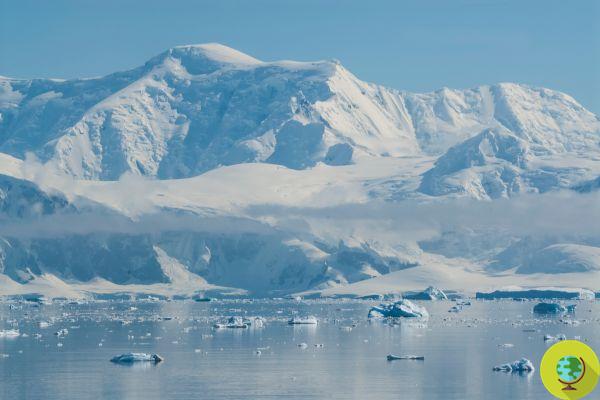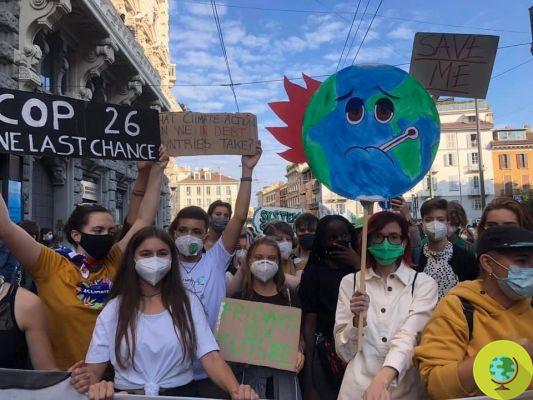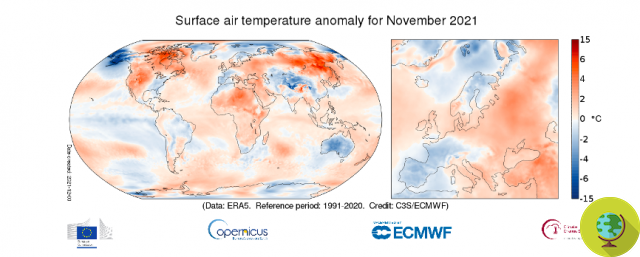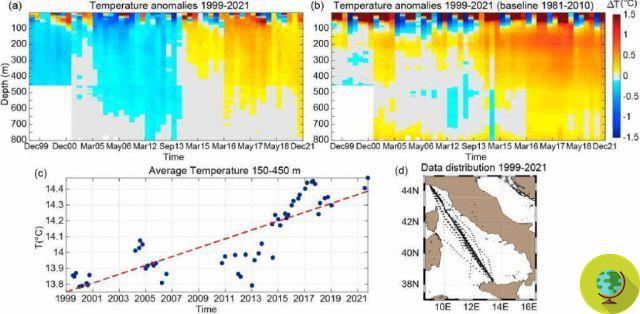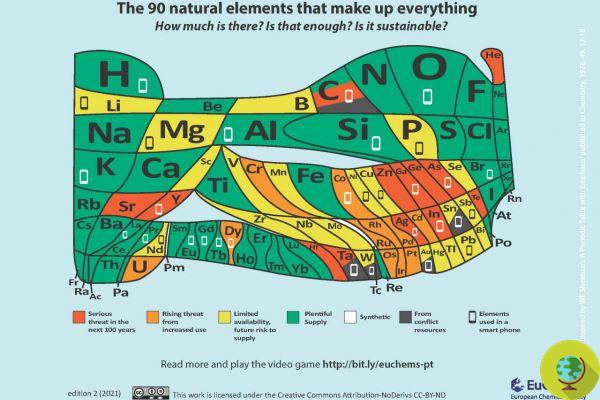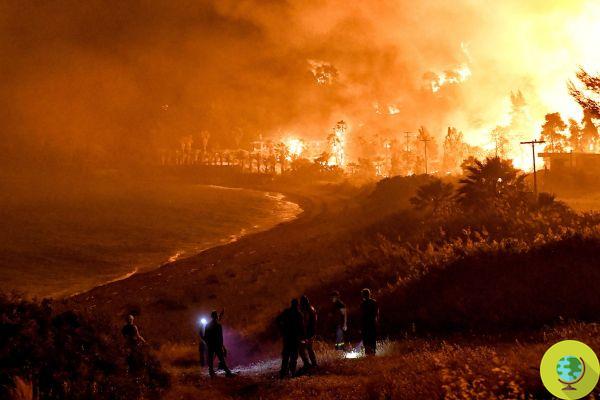
Apocalyptic films have instilled in us the belief that there is always hope for man. But the climate crisis seems to tell us more
Apocalyptic films, with a guaranteed happy ending, have instilled in us the conviction that there is always hope for humanity. But the looming climate crisis seems to tell us something different.
The Intergovernmental Panel on Climate Change (IPCC) has launched yet another worrying alarm: weeks of extreme and devastating climatic events - record heat, floods, fires, floods - show how serious and almost irreparable the situation is. The apocalyptic images we are getting used to - houses on fire, villages destroyed by the force of water, animals that are dying - seem to have come out of Hollywood colossals.
But while films usually end with a happy ending in which the protagonists avert natural disaster and save the world, the reality that presents itself before our eyes is far from resolved. (Read also: Floods, fires, mosquito tornadoes, infernal heat: the climate crisis knocks hard on our doors)
It might seem frivolous to compare the dramatic reality to scenes of films created to entertain us, and instead these comparisons can prove useful to help us understand the particular historical moment we are experiencing. Like any work of art, even a film can reveal much of the spirit of the time (what the Germans call the Zeitgeist) in which it is conceived and made, reflecting the fears and anxieties of humanity.
For example, the proliferation of apocalyptic blockbusters released just before the turn of the third millennium drew its strength from theories that predicted a possible end of the world in the early 2000s. Likewise, the most watched films in the early months of the pandemic from Covid-19 were precisely those concerning societies devastated by diseases and epidemics. Through the camera, the various directors offered a terrifying yet fascinating glimpse into what the end of the world could be like - zombies, alien invasions, deadly diseases, environmental disasters, bizarre prophecies.
However, none of these films really represent the end of the world, quite the opposite: apocalyptic films can also start by putting the risk of total destruction on the scene, but more often than not they end up with a return to some sort of normalcy, to a new balance that is re-established at the end of the film. This is because we viewers need to be reassured, we need to see that there will always be hope in the end - the resulting false sense of security lulls us into the idea that we are immortal, that there will always be salvation for us.
This is some horrifying War of the Worlds shit right here. We have got to start electing governments that actually fight climate change, above all, and start demanding more of ourselves and of companies that can change things. https://t.co/9JDGI2fWgH
— Helen O'Hara (@HelenLOHara) August 7, 2021
The reality, unfortunately, is very different: there is no certainty that humanity will be able to save itself, and indeed the scientists' predictions are far from reassuring. The last 200 years of damage that man has caused to nature have represented the prelude to the end, the staging of the tragedy - now is the moment of reckoning: all of us, protagonists of the drama that is unfolding before our eyes astonished, we have to do more than just watch. We must take action, and we must do it now, before the consequences of our actions against the planet are irreparable. Otherwise, the conclusion may not be the ending we are hoping for.
The French Jacques Derrida he warned, in unsuspecting times: "The end is approaching, but the apocalypse is long."
Follow us on Telegram | Instagram | Facebook | TikTok | Youtube
Source: The Conversation
We also recommend:
- It has resisted for 2500 years, but within a few hours the millenary olive tree of Roviés in Greece was devoured by fires
- Fires in Turkey: The fire has turned Bodrum and the south coast resorts into hell. Confirmed deaths of 8 people
- The fumes of the fires in Oregon besiege the American cities: in New York the air is unbreathable
- Nightmare in Athens: again fires, flames threaten the city




